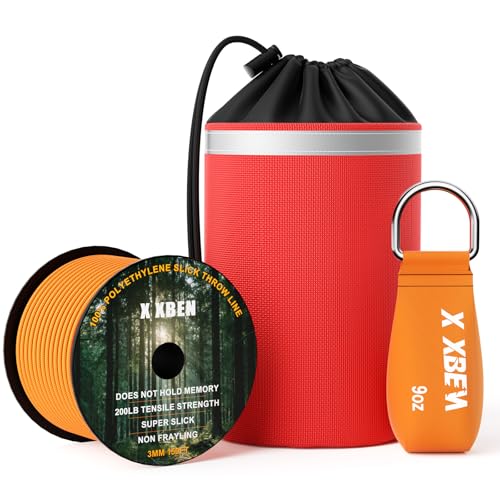clearance said:
Yes (WLL), he is born in 1984, climbing for 2 years, so whats up with the "younger guys" comment?. And working for a few companies already? Wtf? Now you are assigned as a crew leader? Yeah yeah yeah, stop the talk like you are some old hand 020. I wear ppe all the time, and I one hand, so what.
I've worked with young guys who are quick on the uptake. They also are smart enough to know they've not experianced everything.
As a Marine I knew many NCO's who were his age or younger (heck, I was) they are leading men into combat and have been for ages. Leadership is as much attitude as knowhow. (No sir I do not know the answer, but I will find out!)
As a fighting bum I met a number of infiriating individuals who would need only see a form once or twice before picking it up solid. There are natural talents out there.
Young men can lead older men especially when they can show compitance and an ability to learn.
As for your anicdotal evidance for one handed operation...so do I, though at a lesser rate then you it seems. We roll the dice each time, counitng on experiance and knowlege to keep us safe. But it takes only one mistake to make the operator an invalid.
With the experianced individual, the risk is small, but amplified through a crew, then a company the risk becomes intolerable.
The loss of one employee through preventable accident is something that we do not want to think about, but we fight changing the culture in ways that will prevent it.
You and I can do it with confidance, but how do you prevent the newbie form picking up a saw and onehanding without concideration to body position and kickback? You cannot train for this, because then you open yourself up to unsafe practice claims.
We as individuals see it as rediculous all the inconvenient prohibitions foisted on by buerocracies. If you think about it, would the Canadian or US governments even allow cahinsaws if they were developed today. "You want to do what, whith what while staning on a slope?!?"
To avoid overly onerous regulations, companies must set policies that will not tolerate practices that will increase risk of seriouse injury.

















































